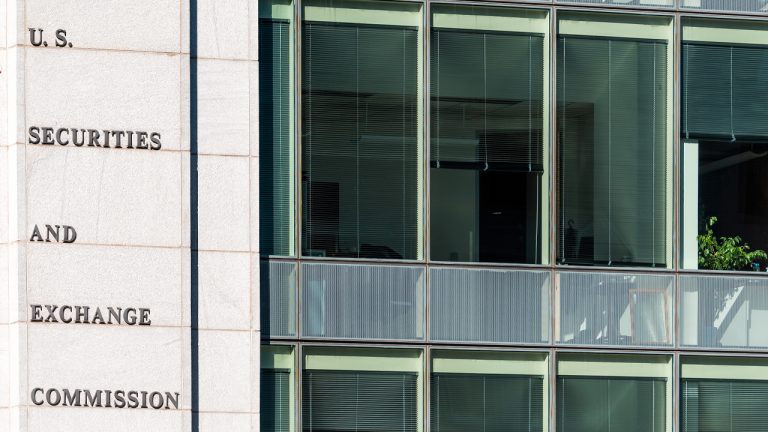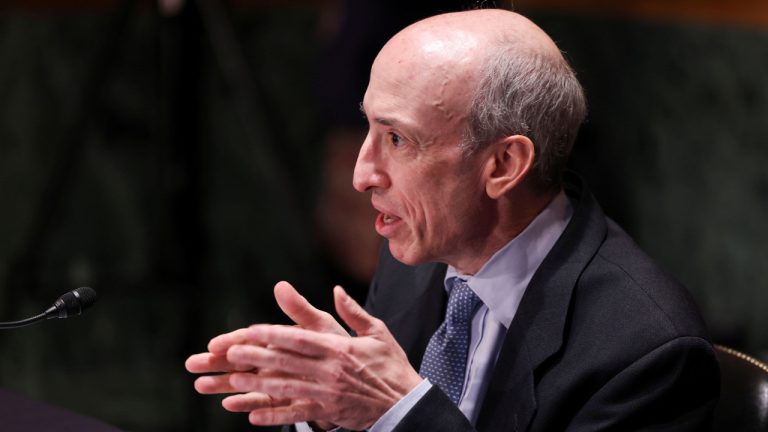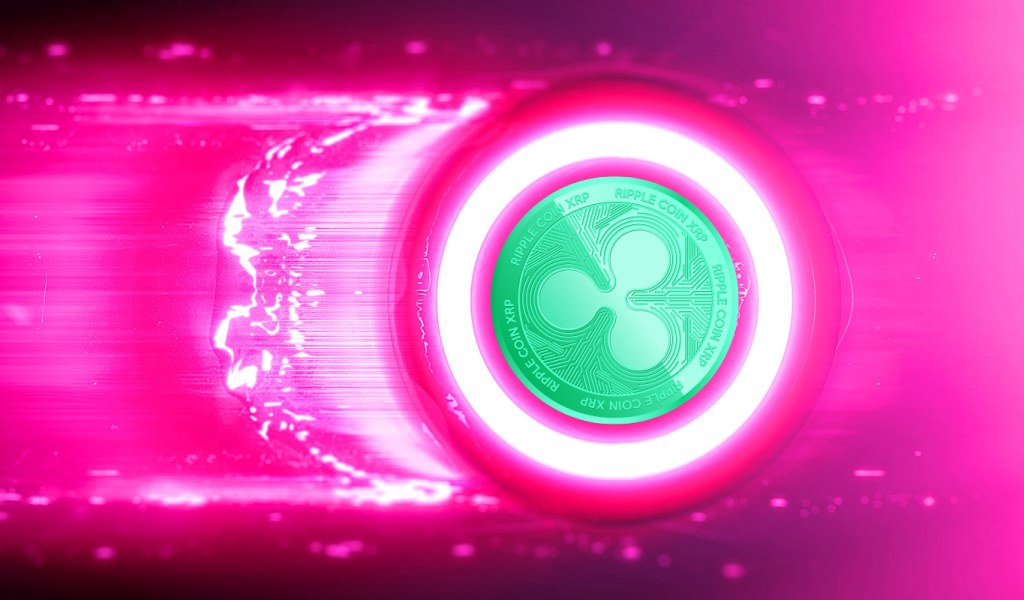
ARK Invest purchased 269,928 shares in Coinbase on March 23, only two days after it sold $13.5 million, its first sale of Coinbase shares this year.
Cathie Wood’s investment management firm has gone back to buying Coinbase shares again, just a day after COIN’s stock price dipped amid news of its Wells notice.
On March 23, ARK Invest purchased 268,928 Coinbase shares via its ARKK Innovation and ARKW Next Generation Internet exchange-traded funds. The shares wereworth $17.88 million at the time of writing.
Only two days prior, and before the news of the Wells notice broke, ARK Invest sold 160,887 Coinbase shares from its ARK Fintech Innovation ETF. The sale was the first time any of ARK Invest’s ETFs shed Coinbase shares in 2023.
Cathie Wood and Ark Invest's trade activity from today 3/23 pic.twitter.com/yyubxTegZj
— Ark Invest Daily (@ArkkDaily) March 24, 2023
Coinbase’s share price has failed to recover since it shared news it had received a Wells notice warning of possible enforcement action from the Securities and Exchange Commission, which led to COIN shares dropping around 21%.
Shares in Coinbase dipped to a low of $64.27 after trading began on March 23, and at time of writing were trading at $66.87 in after-hours trading, according to Barron’s.

Related: Coinbase CEO on its Wells notice: SEC is like soccer referees in a game of pickleball
Coinbase CEO Brian Armstrong had also sold shares in his firm between March 17 to March 20 — just days prior to the Wells notice and share price dip.
SEC filings indicate, however, that Coinbase executives and insiders all enter into 10B5-1 selling plans months in advance and that this tranche of sales was pursuant to a trading plan adopted on Aug. 16.

While the SEC reached a settlement with crypto exchange Kraken on Feb. 9 after alleging its staking services qualified as securities, Coinbase has repeatedly asserted that its staking products are fundamentally different from Kraken’s and they cannot be universally labeled as securities.
Magazine: Best and worst countries for crypto taxes — Plus crypto tax tips










